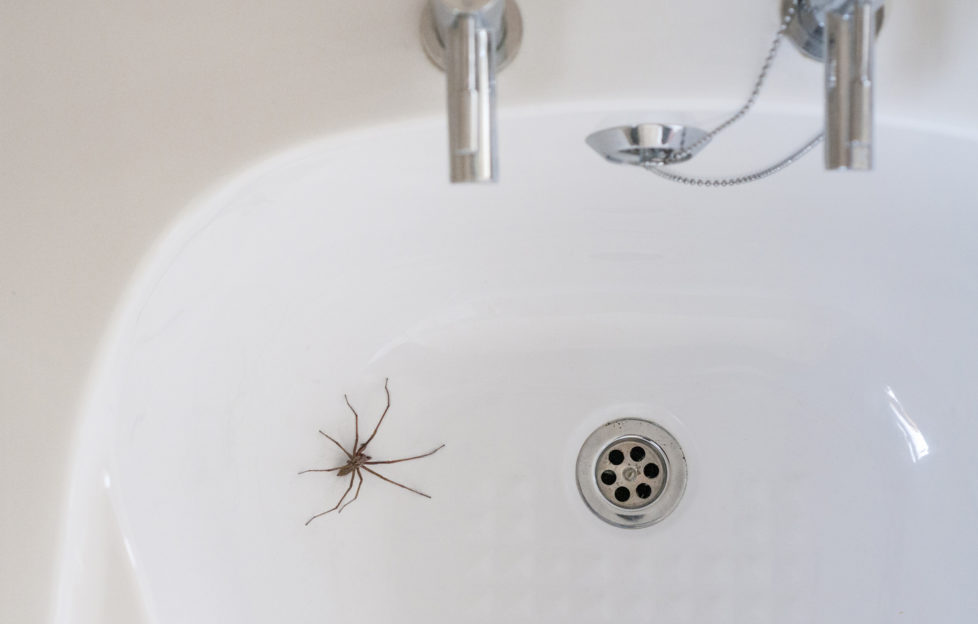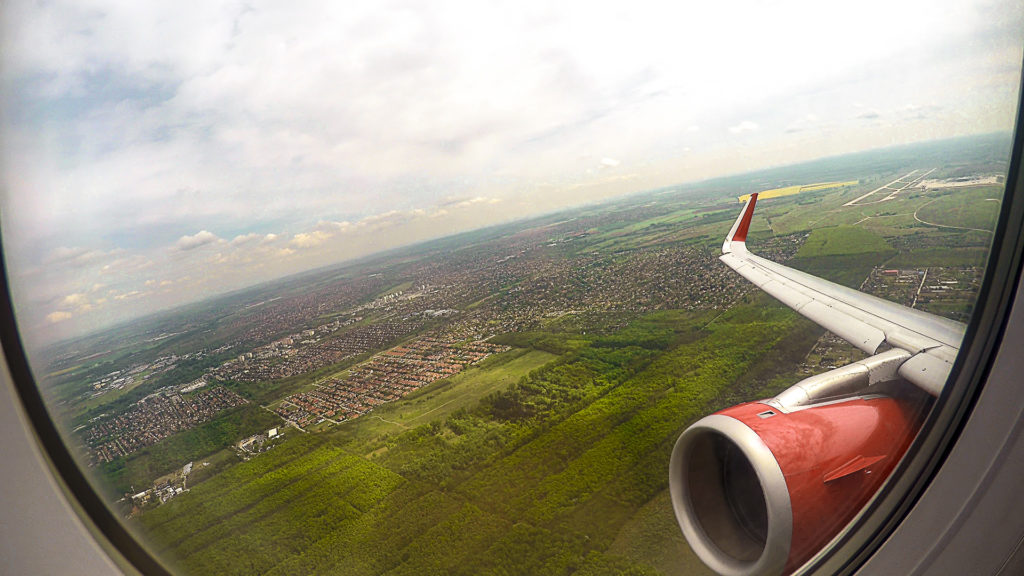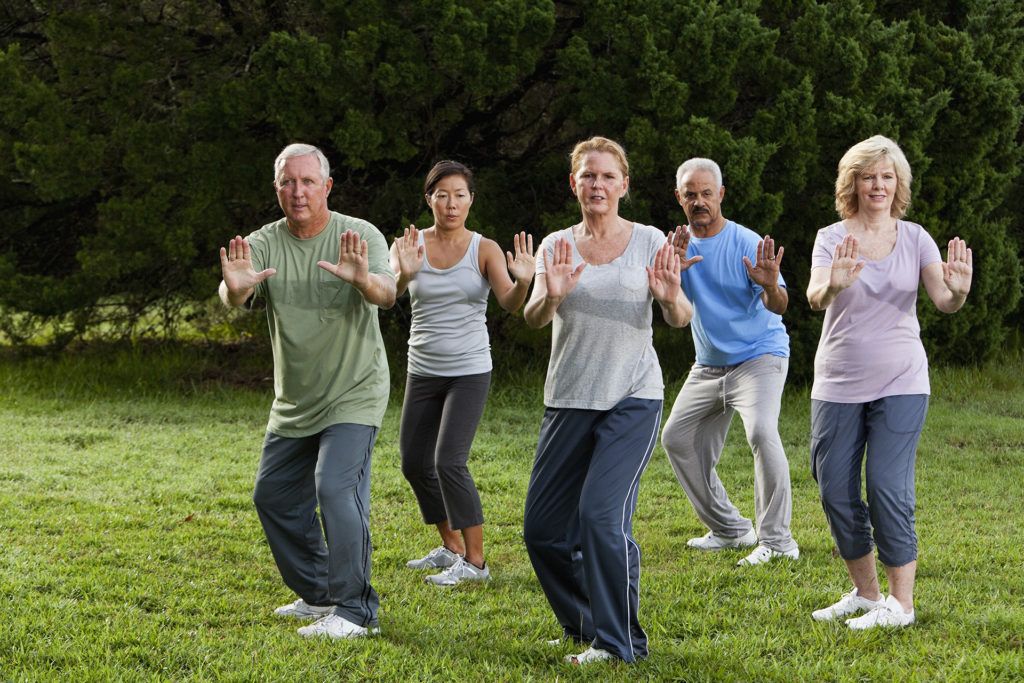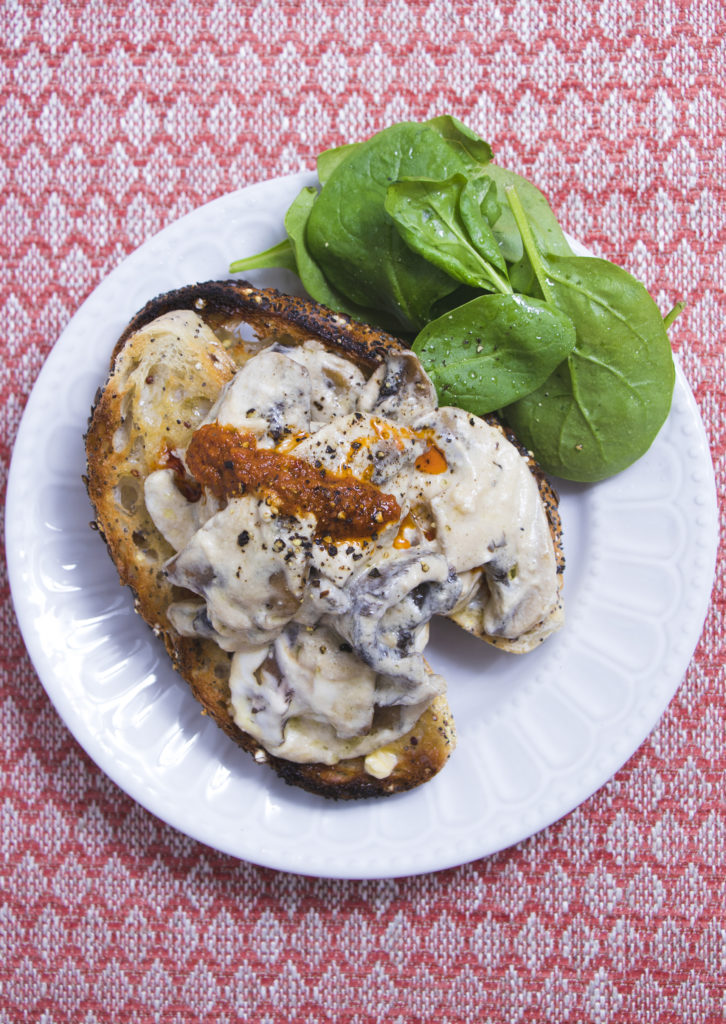Is Your Phobia Under Control?

Whether it’s a fear of heights, spiders, confined spaces or flying, phobias that affect your day-to-day life are no laughing matter. Phobias are overwhelming, exaggerated fears that – often – are unrealistic or irrational.
A type of anxiety disorder, phobias can make you feel anxious, panicky and lightheaded; you may also feel nauseated and shaky, and your heart may beat faster than normal, or you may have palpitations. These symptoms alone are enough to frighten most people.
If you suffer from these symptoms, then you’re not alone. Around 10 million or so people in the UK are thought to be affected. There are 2 types: simple phobias, which usually develop during childhood, and more complex phobias that tend to start when you’re an adult. But whichever type you have, if whatever you fear is something you come into contact with on a regular basis, it can have a significant impact on your emotional wellbeing.
The good news is that almost all phobias can be treated successfully. If your phobia is complex, your treatment may include talking therapies such as cognitive behavioural therapy (CBT), counselling and psychotherapy. Your doctor may also prescribe certain medicines such as antidepressants and tranquillisers if you need help to cope with severe anxiety.
But there’re also some things you can do yourself. The experts at the wellbeing charity CABA, have the following advice on learning how to manage the panic and anxiety associated with phobias:
1 Relax regularly
Practising relaxation techniques – including breathing exercises that may help you feel more peaceful – could help you cope more effectively when you’re faced with your phobia. Try to make time each day to practise relaxing: then when you feel really calm, try to visualise yourself facing your phobia and dealing with it without panicking. Physical techniques such as yoga, t’ai chi and stretching may also be helpful.
2 Be mindful
Mindfulness is being aware of the here and now, of your thoughts, feelings, sensations and your surroundings. This technique may also make you feel relaxed by taking your attention away from any thoughts or anxiety that may be overwhelming you and towards the present moment.
3 Talk about it
Talking about your phobia with others who’ve had similar experiences may help you to learn how to cope more effectively. Support groups can also help you realise you’re not alone, which can actually go a long way in helping you move past your fears.
4 Stay healthy
Leading a healthy lifestyle may help to reduce your reactions to whatever you fear, which in turn could help you to feel less panicky. Try to eat as healthily as possible, exercise regularly and get plenty of sleep. Avoiding stimulants such as caffeine, nicotine and alcohol may also help you feel calmer.
5 Fight your fears
Learning to overcome a phobia isn’t an easy task, it can take time – sometimes years – and a lot of repetition. Self-exposure therapy is a means to help build up a resistance to your phobias. It works by exposing yourself to a situation you can handle, and then slowly working your way up from there until it feels less scary.
Phobias can impact your entire life, it can cause people to give up doing things and preventing them from living a full life. The wellbeing charity CABA also has tips on managing anxiety and panic attacks that can help you to move beyond your fears and regain control of your life.







